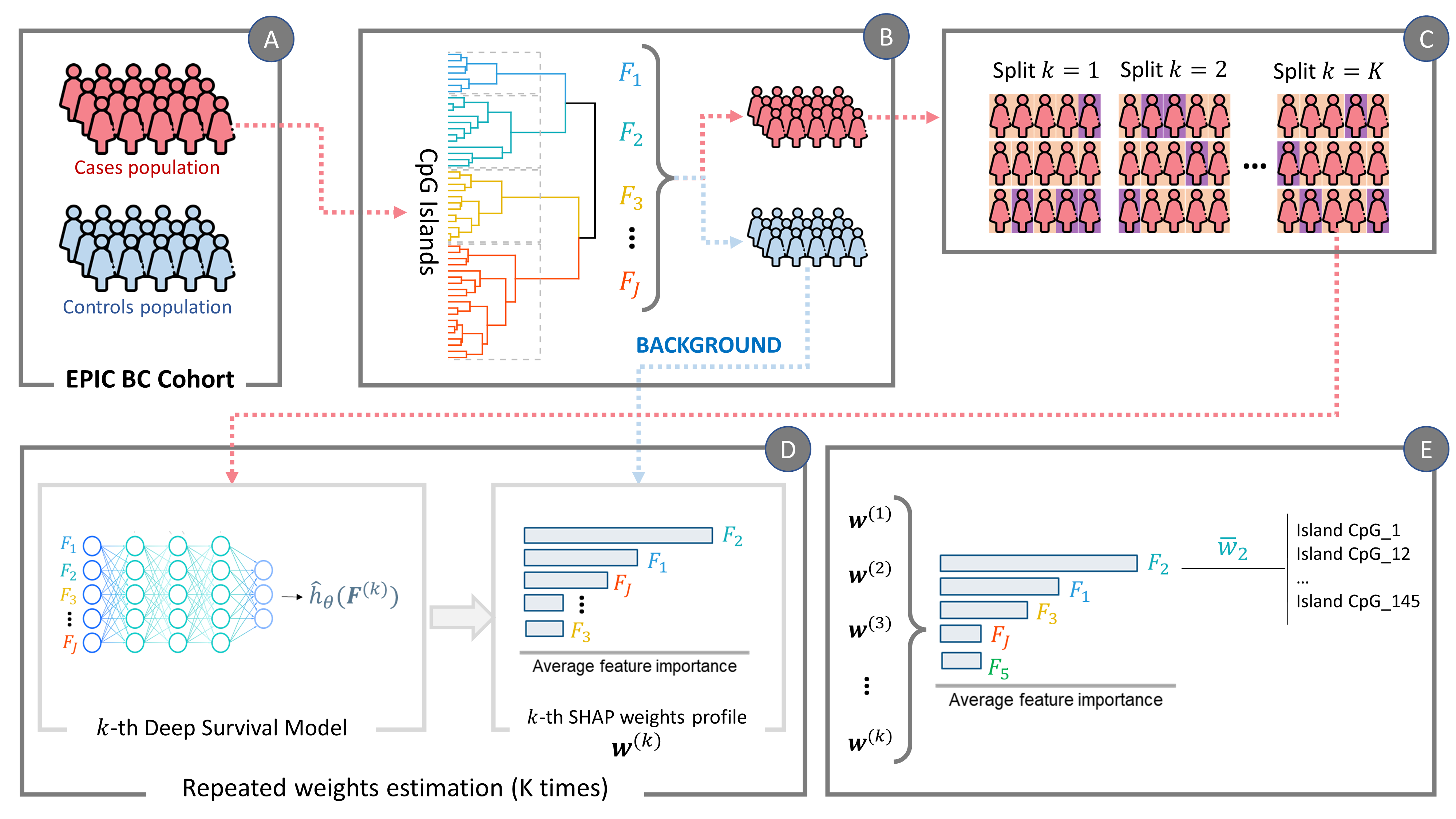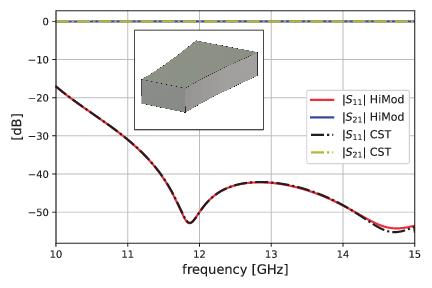A new MOX report entitled “A Deep Survival EWAS approach estimating risk profile based on pre-diagnostic DNA methylation: an application to Breast Cancer time to diagnosis” by Massi, M.C., Dominoni, L., Ieva, F., Fiorito, G. has appeared in the MOX Report Collection.
The report can be donwloaded at the following link:
https://www.mate.polimi.it/biblioteca/add/qmox/64/2022.pdf
Abstract: Previous studies for cancer biomarker discovery based on pre-diagnostic blood DNA methylation profiles, either ignore the explicit modeling of the time to diagnosis (TTD) as in a survival analysis setting, or provide inconsistent results. This lack of consistency is likely due to the limitations of standard EWAS approaches, that model the effect of DNAm at CpG sites on TTD independently. In this work, we argue that a global approach to estimate CpG sites effect profile is needed, and we claim that such approach should capture the complex (potentially non-linear) relationships interplaying between sites. To prove our concept, we develop a new Deep Learning-based approach assessing the relevance of individual CpG Islands (i.e., assigning a weight to each site) in determining TTD while modeling their combined effect in a survival analysis scenario. The algorithm combines a tailored sampling procedure with DNAm sites agglomeration, deep non-linear survival modeling and SHapley Additive exPlanations (SHAP) values estimation to aid robustness of the derived effects profile. The proposed approach deal with the common complexities arising from epidemiological studies, such as small sample size, noise, and low signal-to-noise ratio of blood-derived DNAm. We apply our approach to a prospective case-control study on breast cancer nested in the EPIC Italy cohort and we perform weighted gene-set enrichment analyses to demonstrate the biological meaningfulness of the obtained results. We compared the results of Deep Survival EWAS with those of a traditional EWAS approach, demonstrating that our method performs better than the standard approach in identifying biologically relevant pathways.




